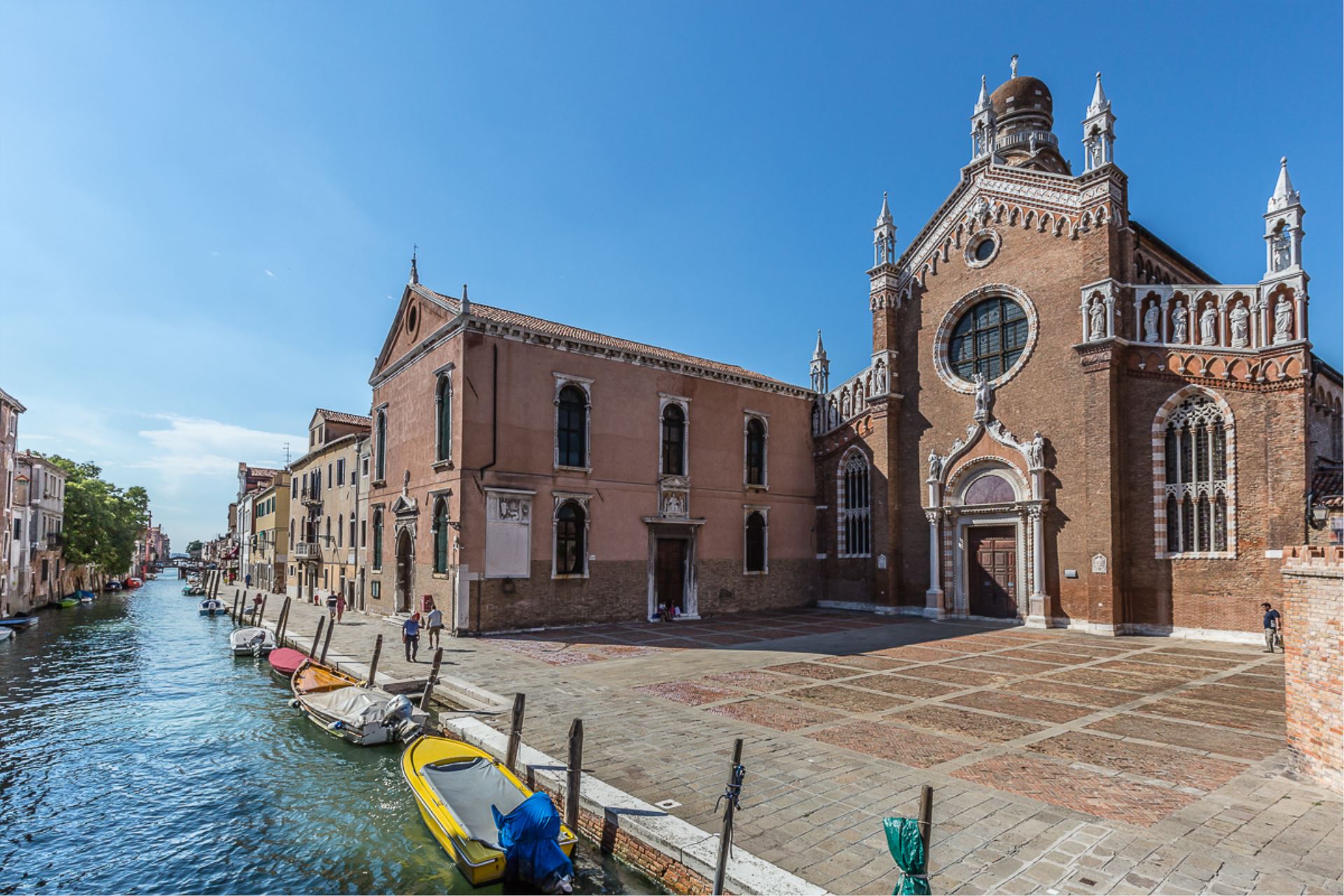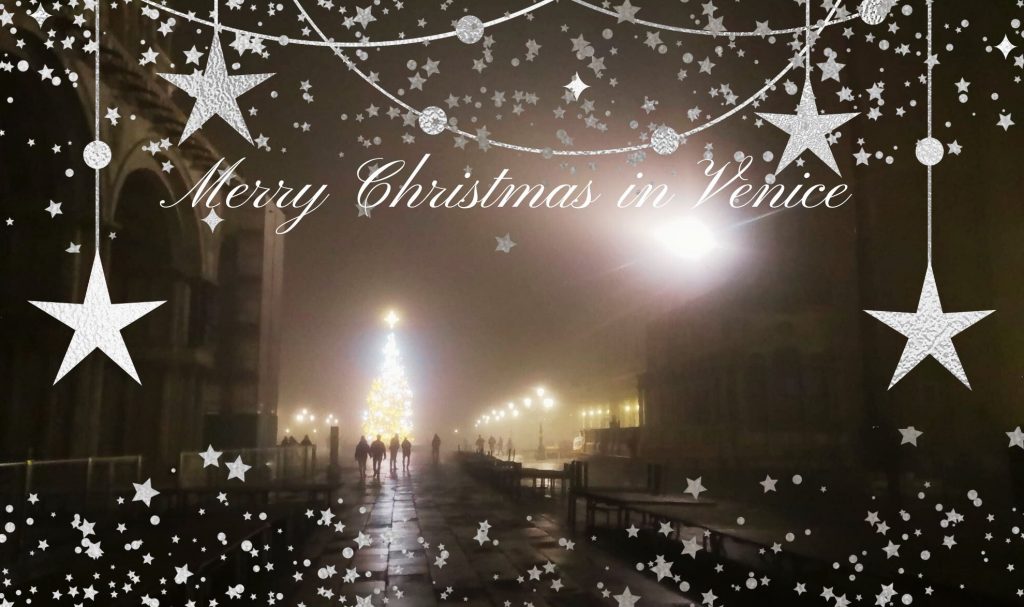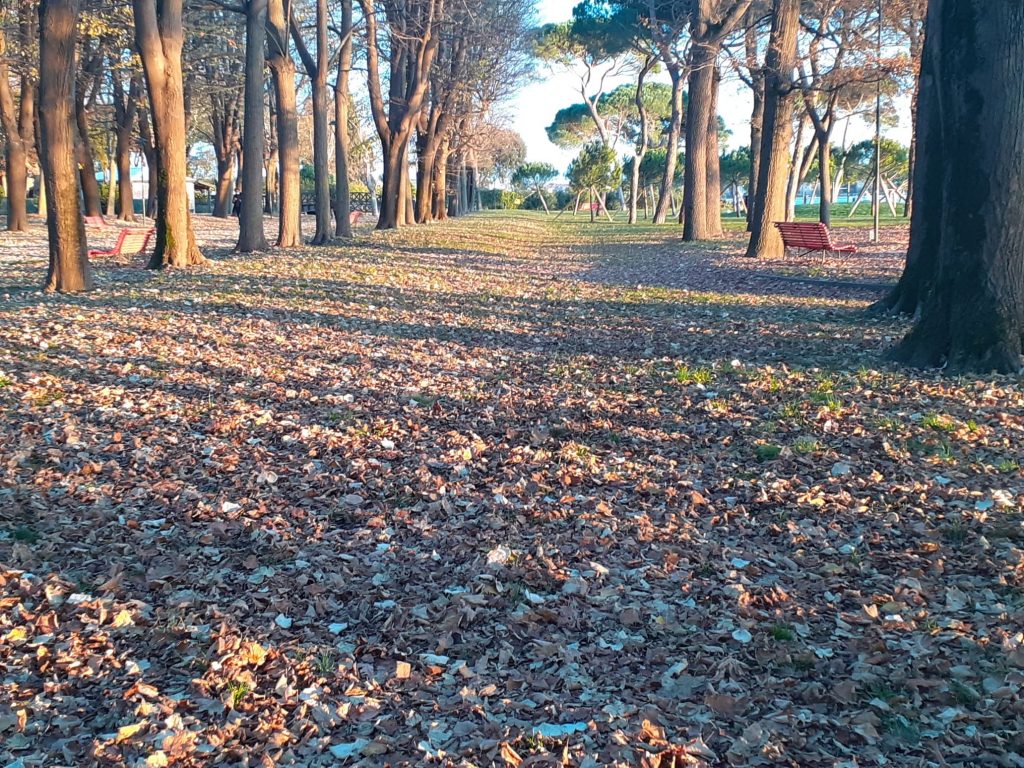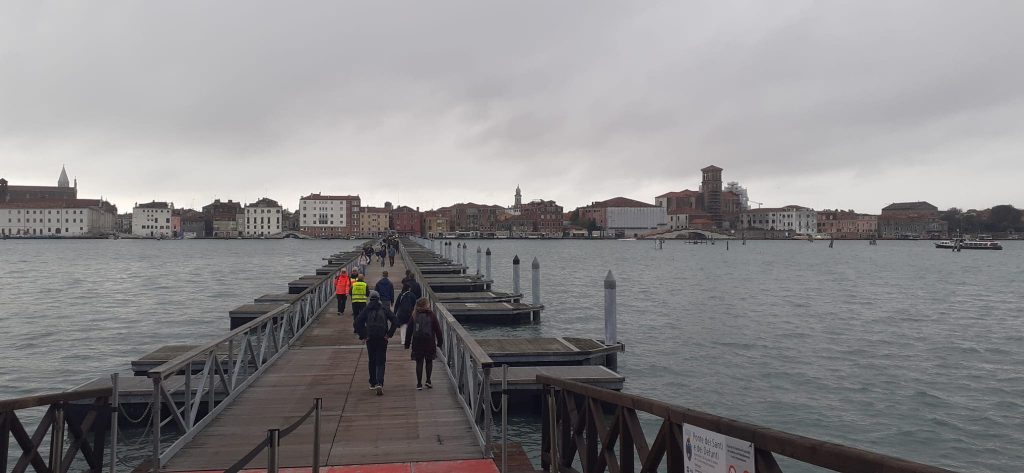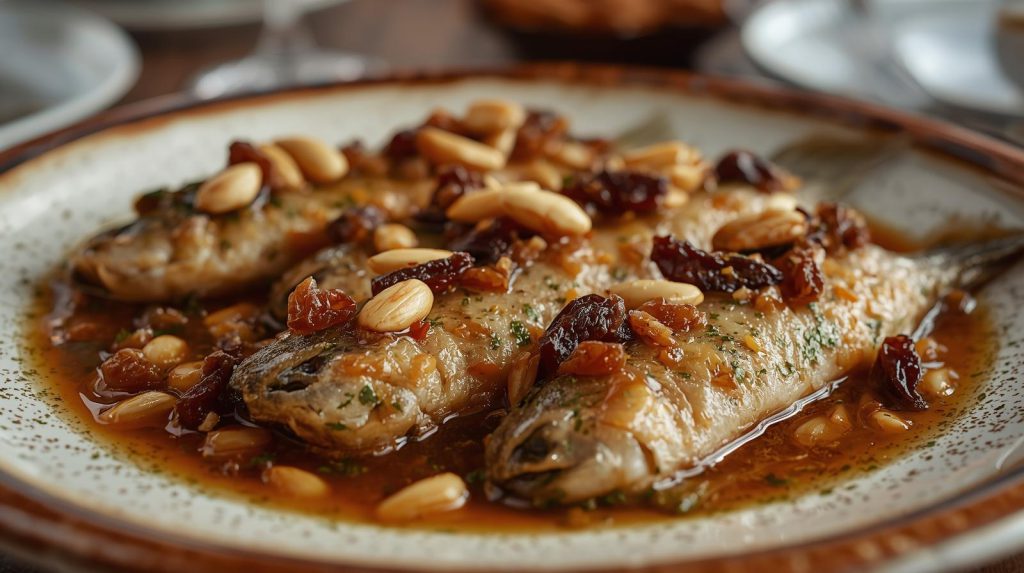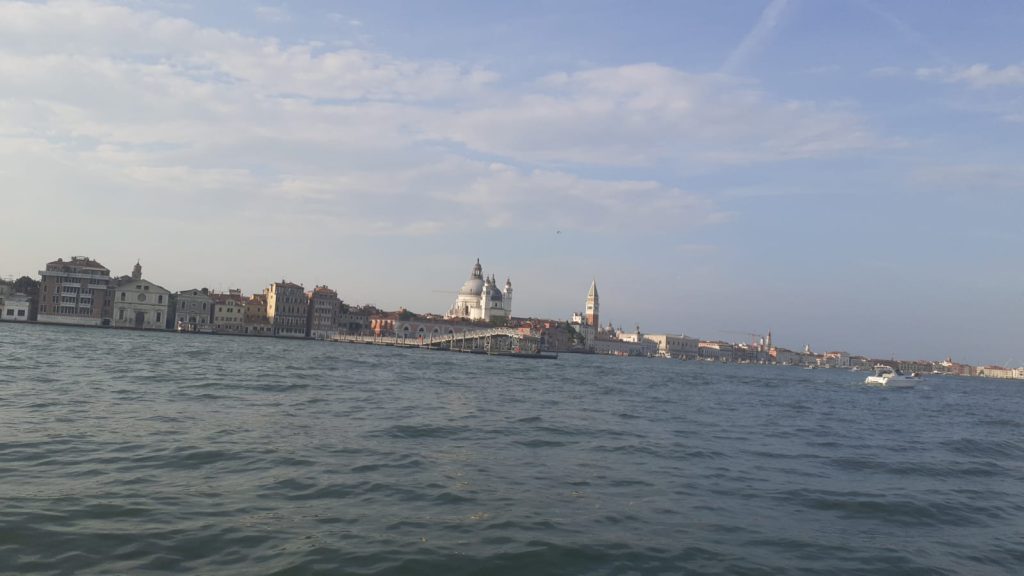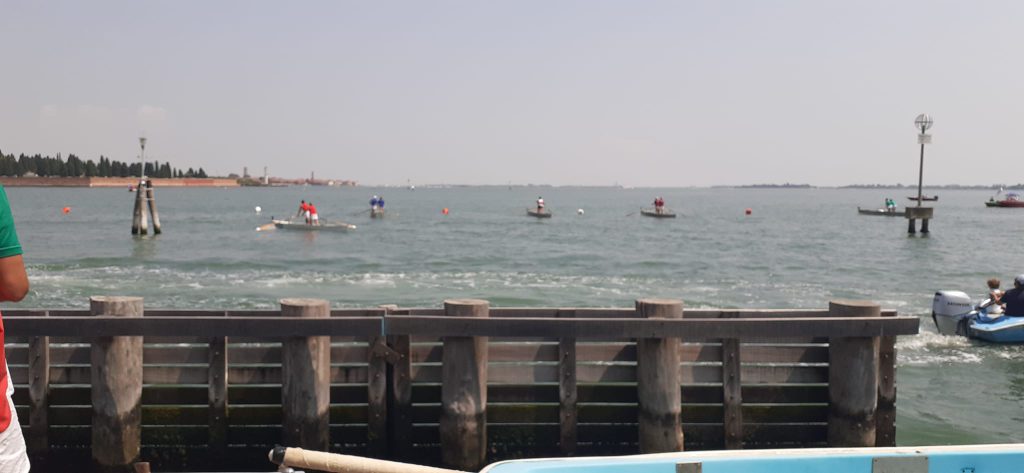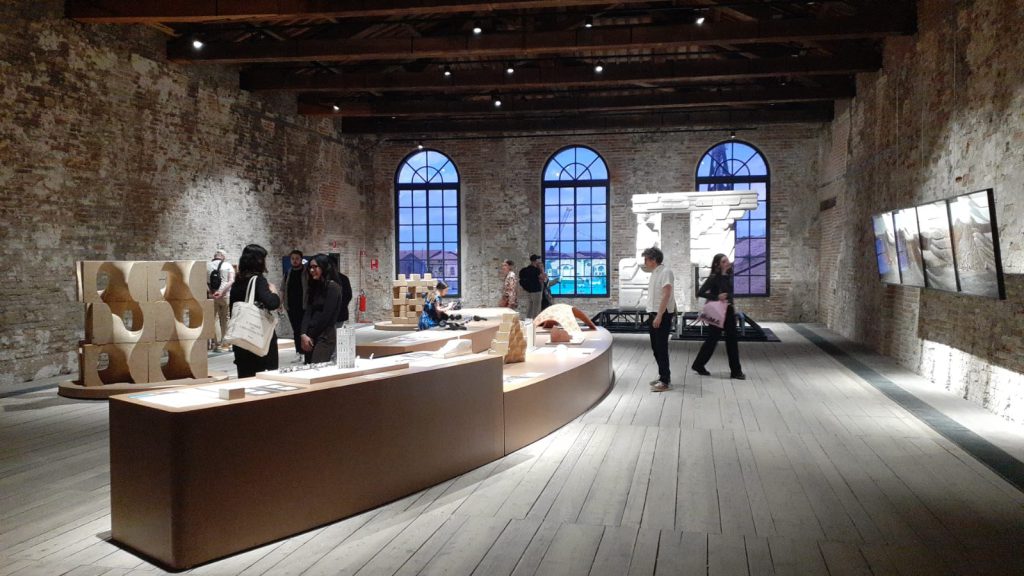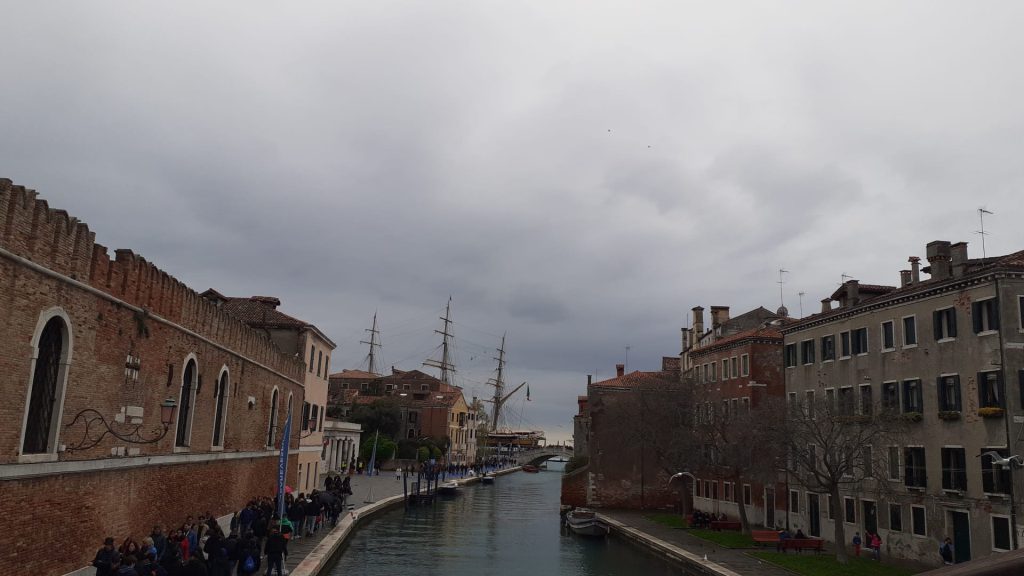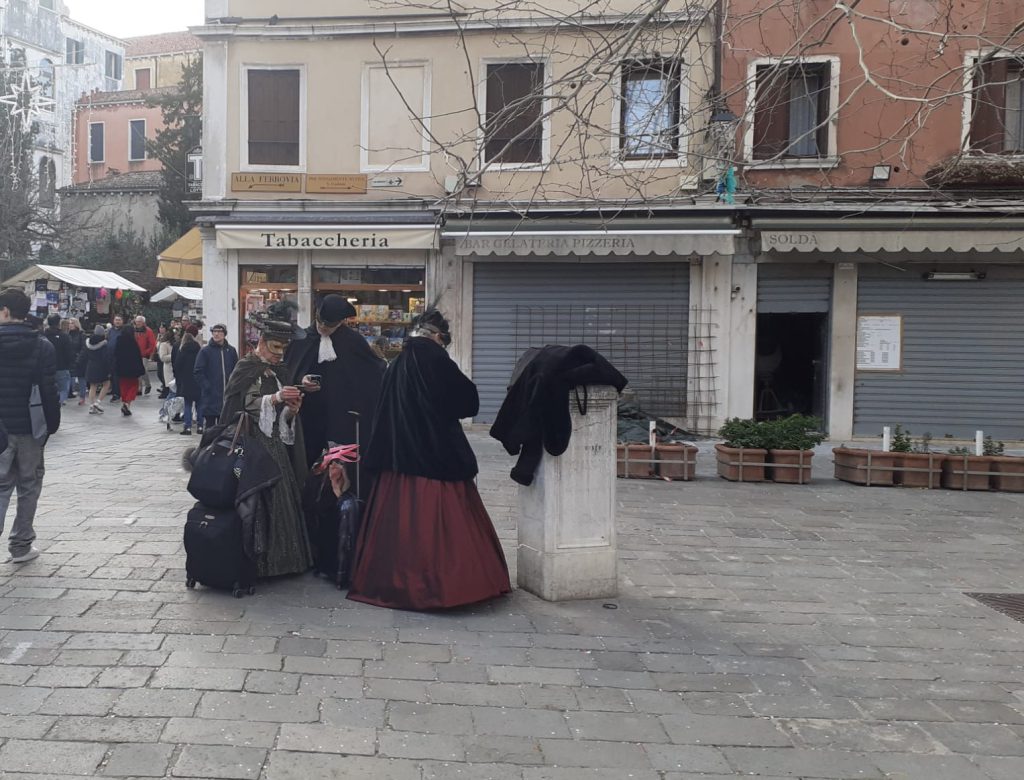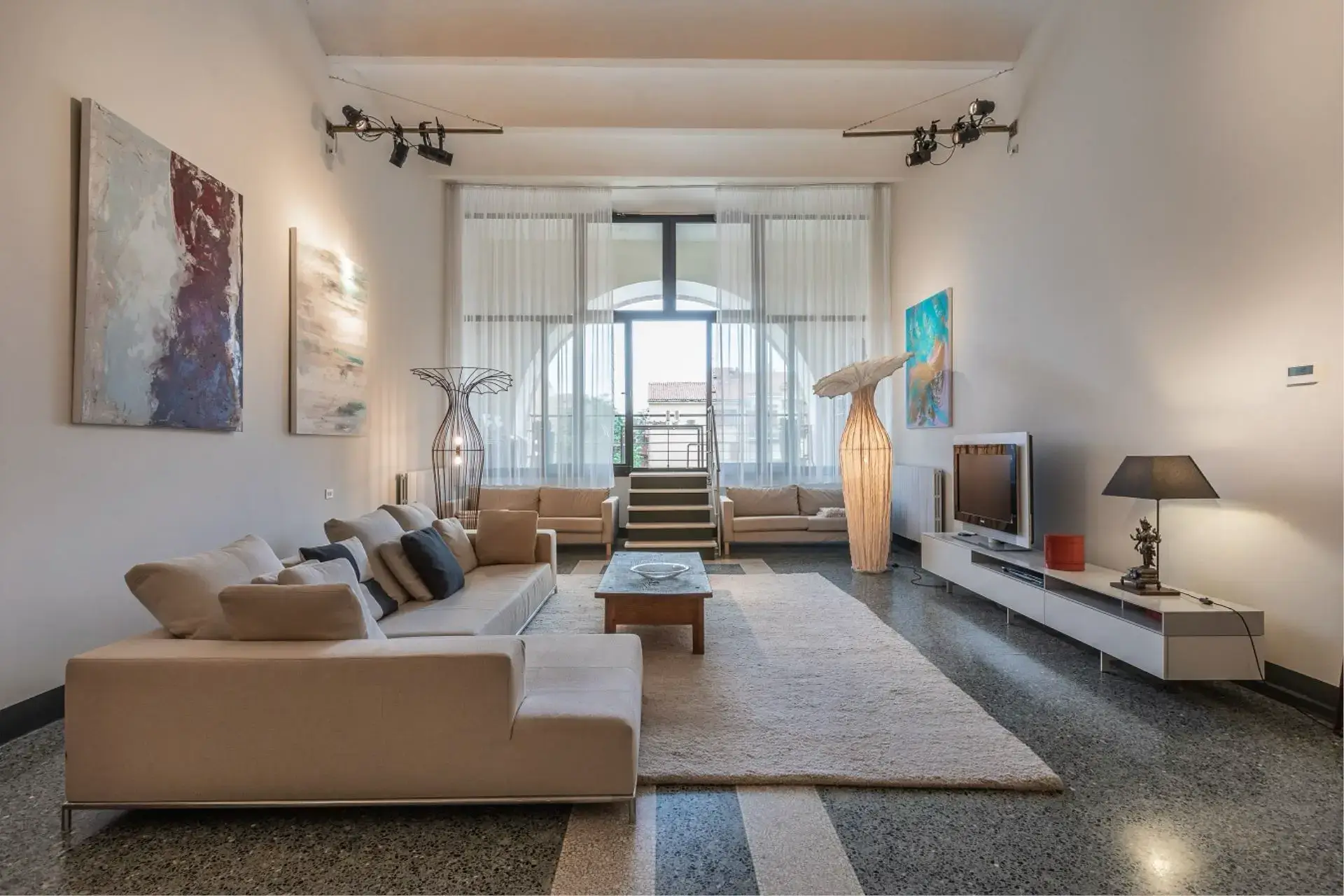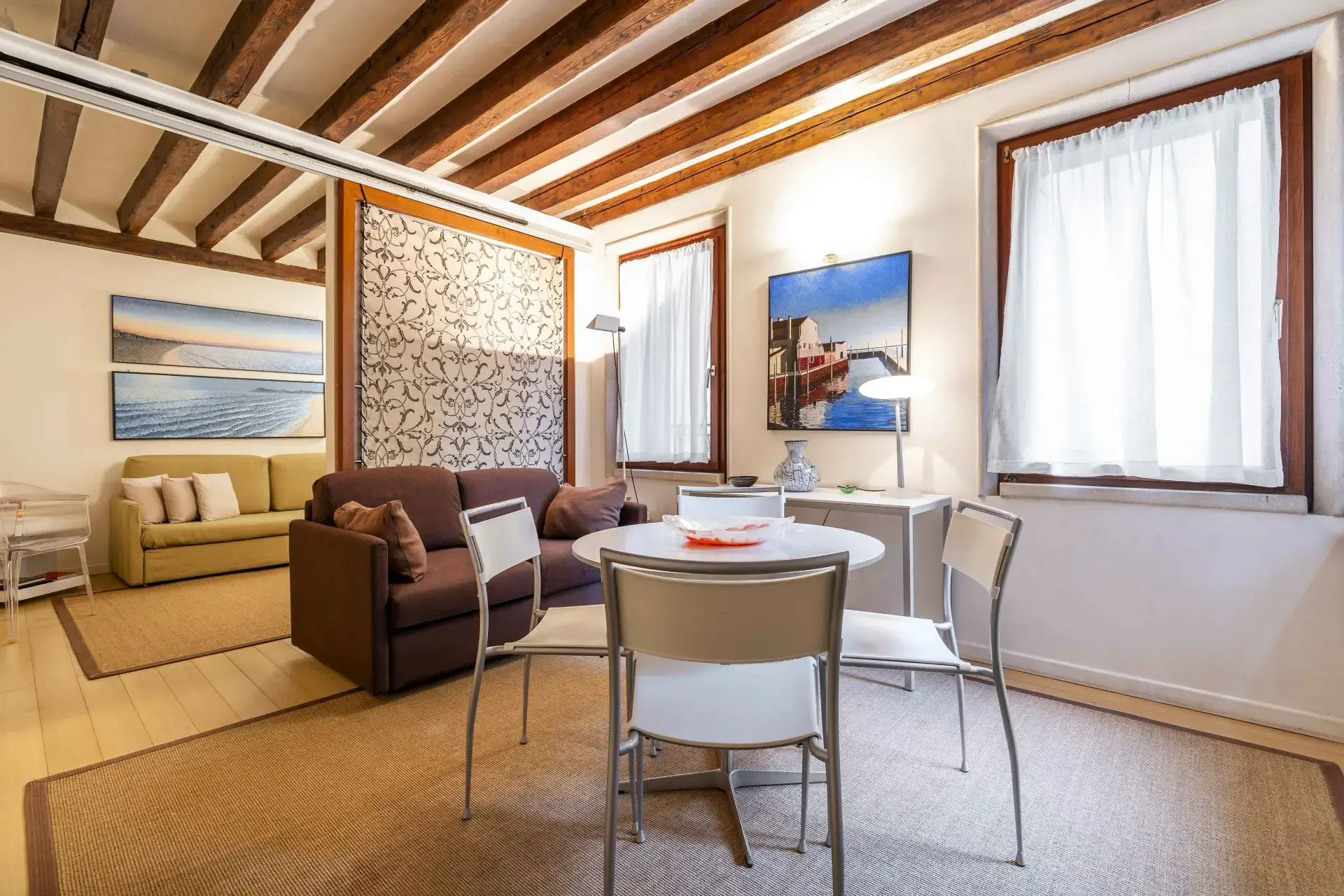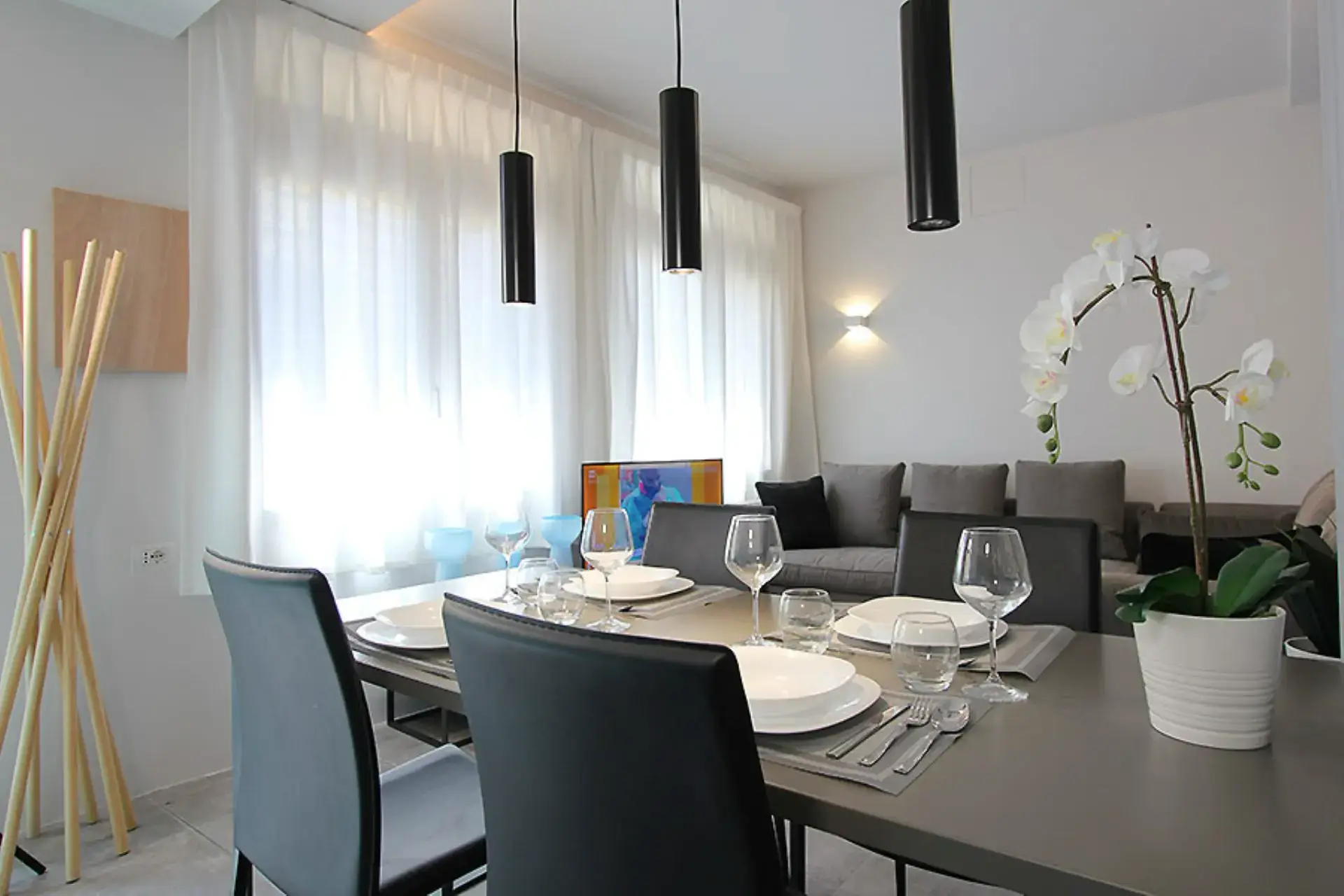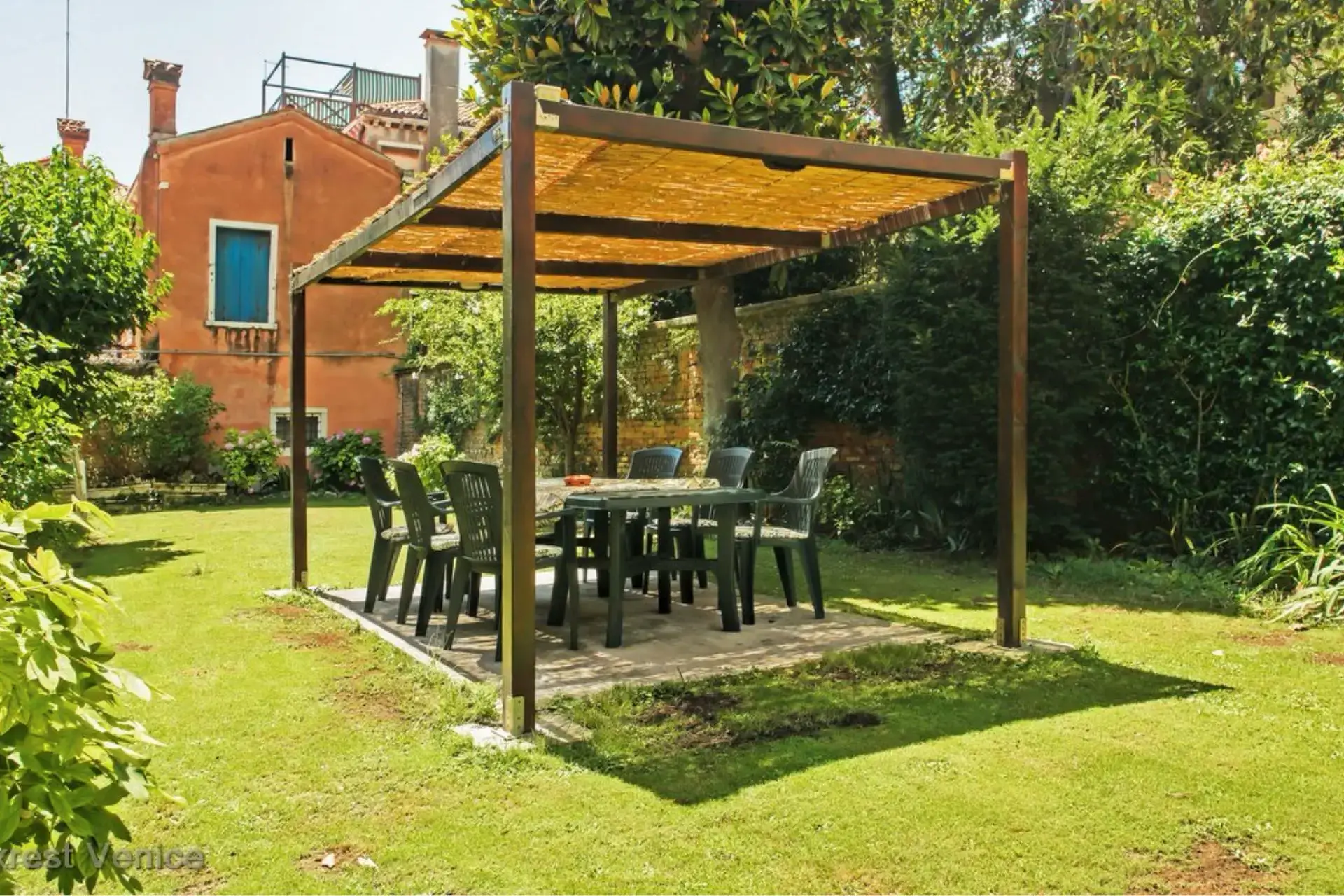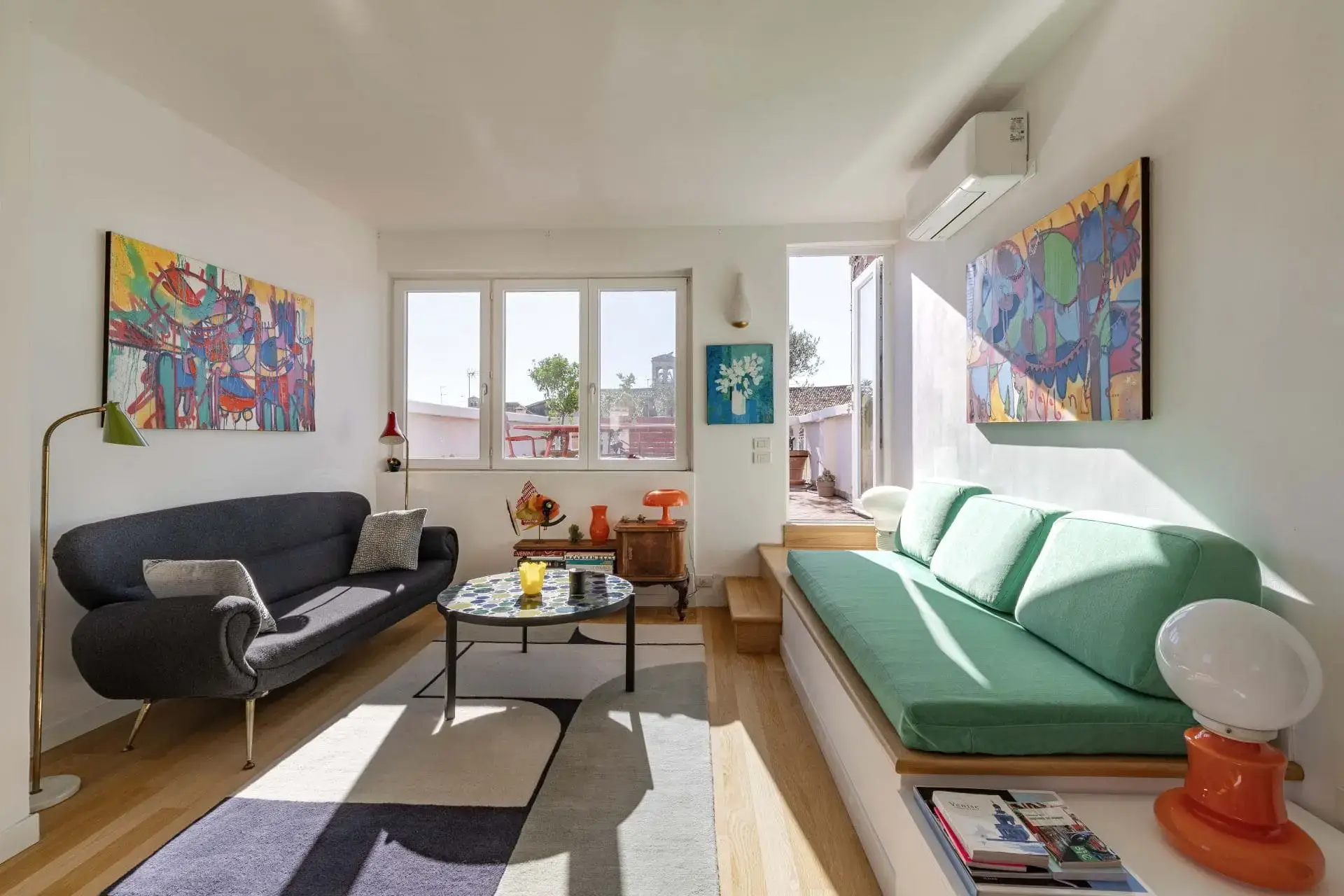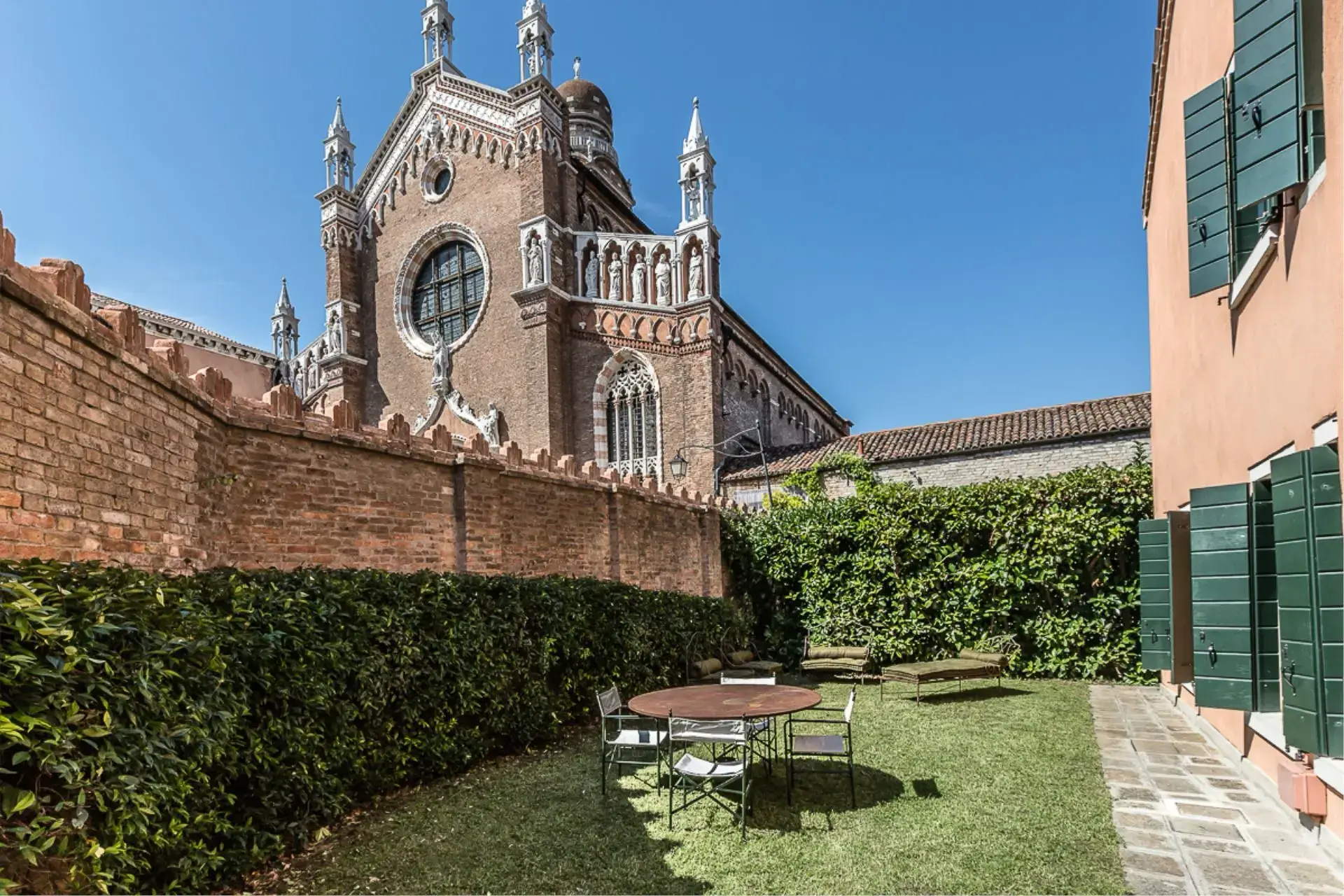Discovering Venice
Some tips and information to live Venice as insiders
Merry Christmas in Venice!
Luxrest Venice wishes to all of you a very Happy Christmas Holiday. May it be…
Signs of SAD? Enjoy the autumn festivities in Venice!
Feeling tired, melancholic and slightly lethargic? It could be due to the season – the…
The least known votive bridge in Venice
Most people know about the temporary votive bridges for the Redentore and the Salute festivities…
Saor 2025 to celebrate Venetian cooking
Did you know there’s a Venetian food festival? It’s called SAOR 2025 and will be…
Technical tests for Redentore 2025
The Redentore night is coming! Venice is preparing for one of its most authentic festivities!…
A Venetian Sunday dedicated to boats
Are you tired of reading about the Bezos-Sanchez wedding in Venice, currently on? Are you…
A glimpse of Venice Architecture Biennale
Intelligens. Natural. Artificial. Collective. «Architecture has always been a response to a hostile climate. From…
Travel through time with Amerigo Vespucci in Venice
It’s always a celebration when the Amerigo Vespucci sailing ship lands in Venice! The Amerigo…
Don’t get lost during Venice Carnival!
Venice Carnival is on again, bringing its cheerful confusion. Not everybody likes it, but it’s…
